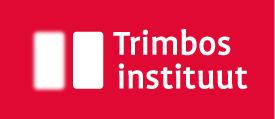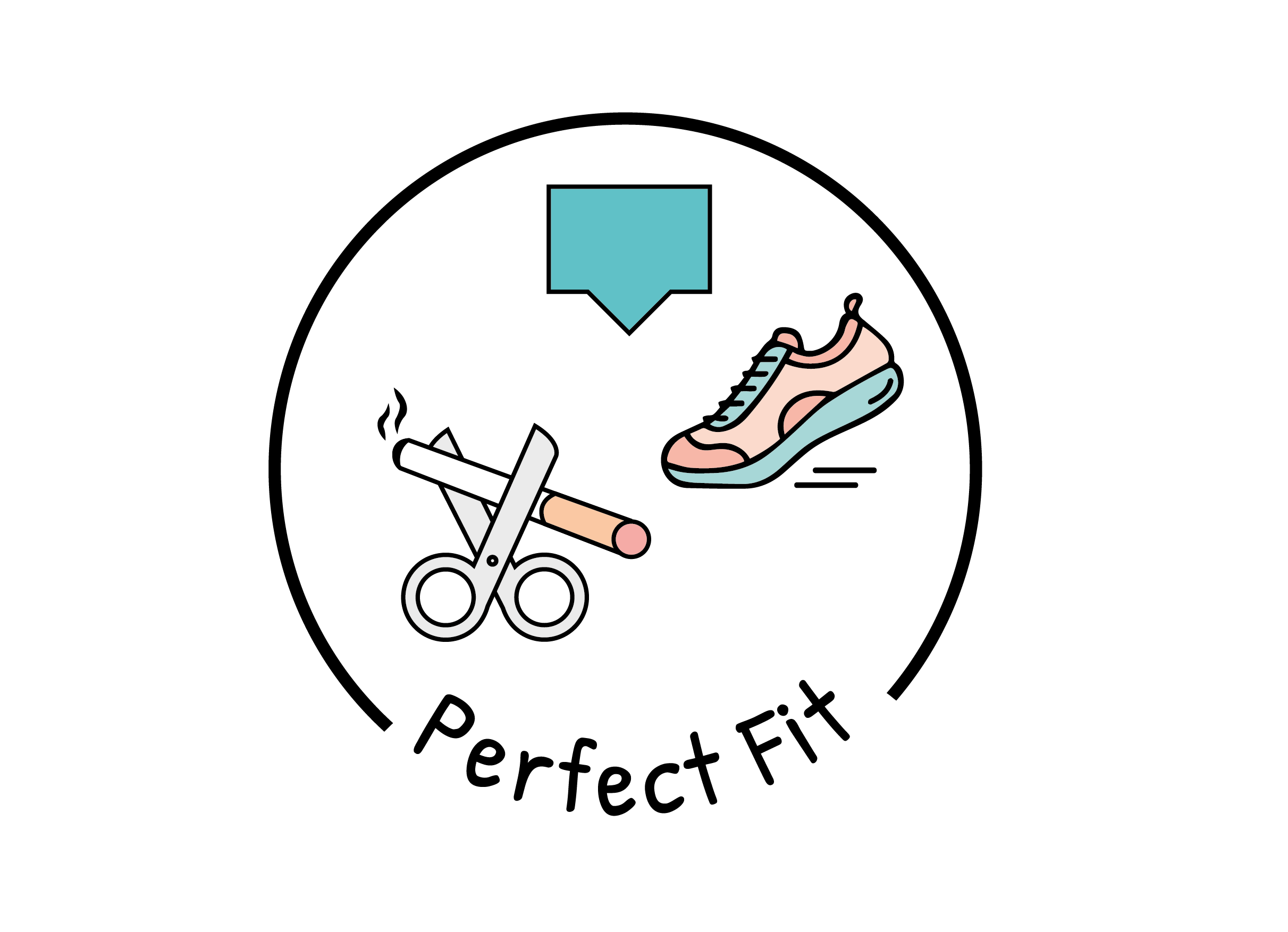eHealth applications for behavior change typically assign their users activities, such as watching an educational video, envisioning their desired future self, or planning a running route. However, people commonly do not do these activities. We have thus designed a reinforcement learning algorithm for persuading people to do preparatory activities for quitting smoking. This algorithm takes people's current and future states (e.g., self-efficacy) into account when choosing a persuasion type. The results of testing this algorithm in a study with more than 500 smokers have now been published in the journal PLoS ONE: https://doi.org/10.1371/journal.pone.0277295.
Academic partners






